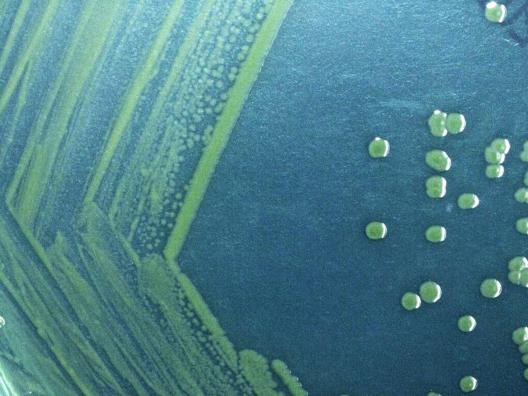Shigellosis is an infectious, diarrheal disease caused by a group of bacteria called Shigella. Transmission of Shigella usually occurs through contact with the “4 Fs,” which are food, feces, flies, and fomites (inert surfaces). It also can also be spread through sexual contact. The disease typically resolves in 5 to 7 days.
Why Is the Study of Shigellosis a Priority for NIAID?
Estimates on the number of shigellosis cases vary, as many mild cases often are not diagnosed or reported. Shigella cause an estimated 450,000 infections in the United States each year and an estimated $93 million in direct medical costs.
How Is NIAID Addressing This Critical Topic?
NIAID supports basic research to study the bacterial pathogens that cause shigellosis. Researchers are also developing vaccines to prevent Shigella infections in humans and ways to combat the effects of Shiga toxin geared towards protecting the public from this diarrheal disease and towards improving the general public health.
Page Summary
Shigellosis is an infectious, diarrheal disease caused by a group of bacteria called Shigella. It is transmitted via contact with contaminated food, water, surfaces or an infected person. The disease typically resolves in 5 to 7 days. Shigella causes roughly 500,000 cases of diarrhea in the United States each year.


